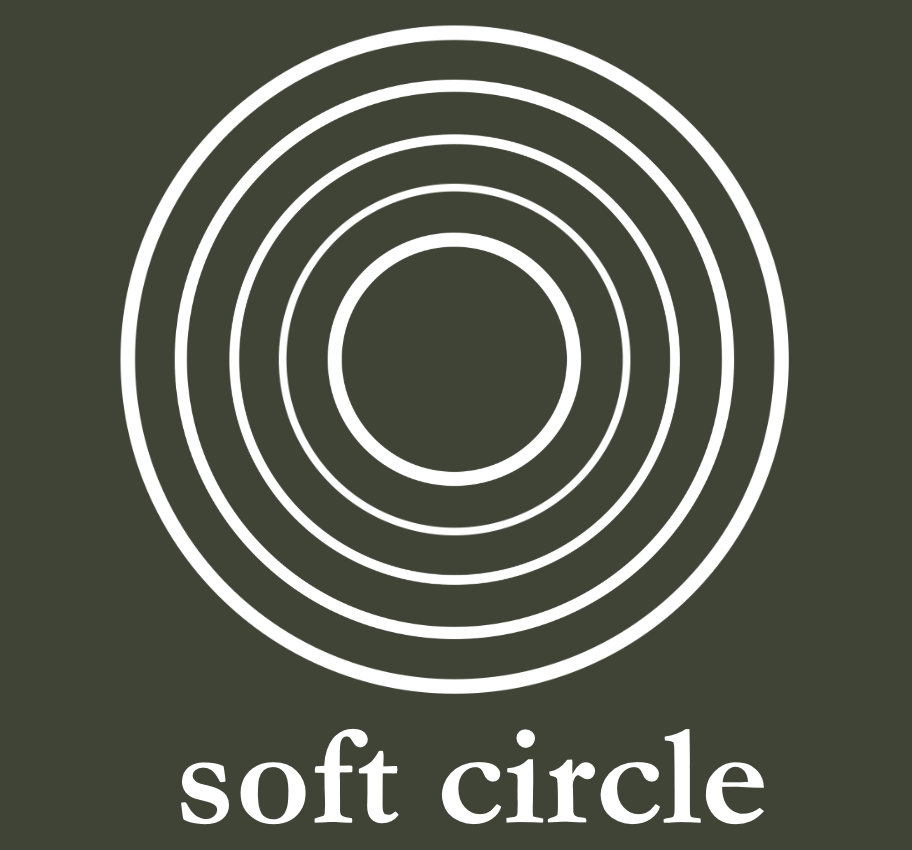What is Art Therapy?
Art Therapy is an evidence-based form of psychotherapy where art materials may be incorporated into therapeutic work. In sessions facilitated by a registered art therapist, clients are invited engage in art-based processes to address mental health concerns. In art therapy sessions, a final “artwork” or “finished” work is not the intention, although a final piece may emerge. In the field of Art therapy, we believe the art-making process itself to be a rich space of healing, expression and insight.
Art Therapy is not an art class and the focus during sessions is not on your artistic skills, but what you’d like to explore in therapy. An art therapist will never interpret your work, or make judgements based on what you’ve made. However, art therapists do believe artworks often contain significant meaning, symbolism or insights for their maker. Throughout an art therapy session, your therapist is available should you wish to share or reflect on your process and artwork.
Art Therapy doesn’t always need to involve art-making. Your art therapist is also a qualified psychotherapist, and can offer talk-based therapy as well. Art therapy is primarily about providing a safe container for therapeutic self-expression, whatever that looks like.
Studies show that participants in Art Therapy have experienced:
A sense of emotional release or catharsis
Improved sense of self or identity
Clarity and insight around a particular issue or challenge
Stress and anxiety reduction
The safe expression of painful experiences or memories
A sense of control, agency and empowerment
Improved mood
Emotional Regulation
Who Is art Therapy for?
Art Therapy is suitable for most people, and most mental health concerns. Prior to your first appointment, your therapist will schedule an intake call to confirm they are the right fit for you. Because Art Therapy involves non-verbal expression and communication, it is especially suitable for:
Children
Adolescents
People who are neurodivergent
People with disabilities
People with a diagnosis of PTSD, Developmental Trauma, or cPTSD
People with a complex diagnosis
Those who have not found conventional talk therapy to be helpful
While art therapists generally take a non-pathologising approach, Art Therapy has been shown to be supportive for people experiencing the symptoms of:
Anxiety
Depression
Post-Traumatic Stress Disorder (PTSD)
cPTSD
Obsessive Compulsive Disorder (OCD)
Grief and Loss
Dissociative Identity Disoder (DID)
Eating Disorder
“When it comes to trauma, telling the story of “what happened” may not always be restorative. Ultimately, we heal through learning to re-inhabit the body with joy, curiosity, confidence, trust, and self compassion. This is the role and unique value of expressive therapies when repairing traumatic stress”
~ Cathy Malchiodi, PhD
What to expect when beginning art therapy
For adults, prior to your first art therapy session, you will receive an “intake” call (no fees apply) from your therapist. In this session, you are invited discuss what you’d like to focus on in therapy and share your hopes and goals for our sessions. Your therapist will discuss our guidelines, consent, boundaries, and gather some information about your current experience. At this point, your therapist will also work out if they are the right “fit” for you. If they feel they are not, they will support you to connect with a more relevant or appropriate clinician.
For parents or carers, you and your young person will attend separate intake sessions. You will also be invited to attend review sessions to share feedback and ensure we are all on the same page. Based on the information provided in your intake, your art therapist will develop a relevant treatment plan for you.
Once we begin art therapy, you can decide if you’d like to use art materials in that session and if so, which materials you’d like to use. There’s no need to bring anything to art therapy - we have it all here for you.
We would usually start sessions with a check-in, and this could be verbal or art-based. Depending on your intention for art therapy, your therapist may give you a prompt for your art-making, or you might choose to take your own direction. Sometimes, if it is therapeutically appropriate, your therapist might make art with you. Once you feel your art making is complete, you and your therapist will have space to reflect and discuss your process. This is an optional process of identifying symbolism and making meaning.
Your therapist will support you with any challenging feelings that arise during art therapy, and may offer tools for navigating difficult thoughts, memories or emotions.






